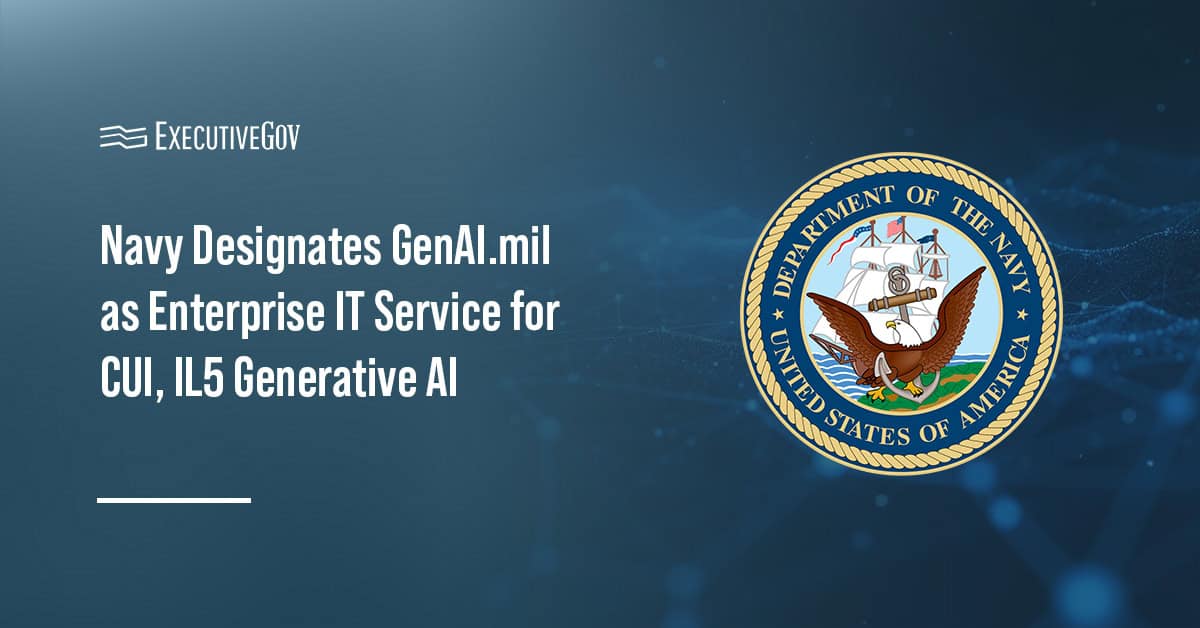
Army Research Laboratory has awarded a three-year, $25M grant to Worcester Polytechnic Institute for further development of a repair method that combines cold spray and 3D printing. WPI said Tuesday that it will develop new metal alloys for cold spray to provide a more efficent repair method for the battlefield.
Cold sprays work to accelerate metal particles or powders that form solid layers of coating when subjected to supersonic speeds. The institute will use a variety of tools to identify the powders’ properties in chemistry and structure.
Researchers will use a synchronous laser diffraction and dynamic image particle analyzer to study the powder’s morphologies. Other tools include nanoindenters for nano-scale measurements, a scanning electron microscope and energy dispersive spectroscopy unit. The Army would use the resulting cold spray 3D printing approach for vehicle repairs.





